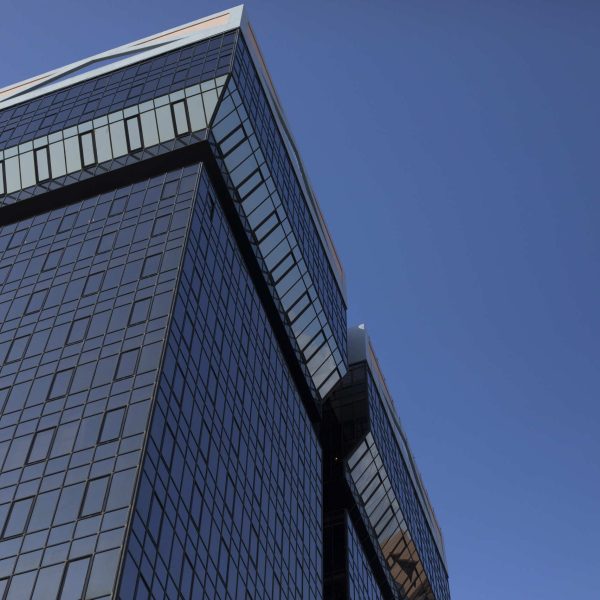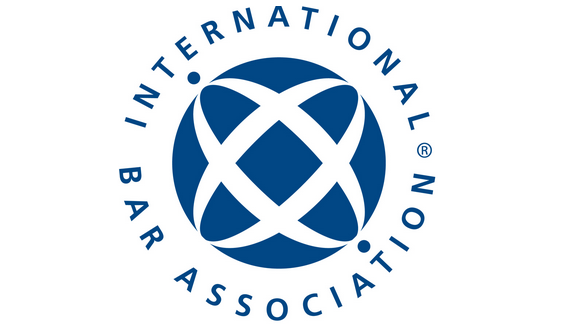Recently, the impactful news of the departure of Domingos Sequeira’s renowned work, the imposing ‘Descent from the Cross’, from Portuguese soil echoed throughout the country. A decision dated November last year, attributed to the now extinct Directorate-General for Cultural Heritage (DGPC), cast a shadow of uncertainty over the fate of this valuable artistic treasure.
Although not yet officially classified as heritage of national, public, or municipal interest, nor inventoried, the work in question is recognised as an integral part of Portugal’s rich cultural heritage. According to the Basic Law on Cultural Heritage (Law no. 107/2001, of 8 September, as amended), this work, created by a Portuguese author more than half a century ago on Portuguese soil, deserves special attention.
Thus, despite not being subject to any classification, the owner of the work was obliged to fulfil the obligation of prior notification to the competent cultural heritage administration, at least 30 days before the date of export or dispatch, whether temporary or definitive.
In the case of a definitive shipment, since the sale was destined for a European Union member state, the owner, through his representatives, notified the extinct Directorate-General for Cultural Heritage of the work’s departure. However, the absence of a process to classify the work as a property of national interest, with no apparent justification, has intrigued art connoisseurs and enthusiasts.
Classification as a national interest would entail a series of rights and duties for the owner, namely:
- The right to compensation
- The right to tax incentives
- The right to protection and valorisation measures
- The duty to communicate situations of danger, change of location, and hereditary succession
- The duty of conservation
- The duty to give prior notice of any interventions on the work.
The lack of transparency surrounding the DGPC’s decision and the possible disregard for mandatory consultative opinions add to the mystery.
In the face of this prior communication, the DPGC had 15 days to authorise or prohibit the sale as a provisional measure, and the absence of a response from the DGPC would determine the lawfulness of the sale.
The provisional measure to be applied would be of an urgent nature, its application would not depend on the prior hearing of the interested party, and it would give the competent authority the chance to better assess the cultural interest of the goods by opening a classification procedure.
Despite the outcome of the authorisation process for this work, it is not known why the DGPC did not initiate the classification process for the purposes of classifying it as a work of “national interest”, as the same entity proposed in 2022 for another work in the same ensemble by Domingos Sequeira (the “Adoration of the Magi”).
Pending further clarification from the Portuguese government and the outcome of negotiations for the possible acquisition of the work, the fate of the ‘Descent from the Cross’ remains shrouded in fascinating suspense, fuelling the debate on the balance between the preservation of cultural heritage and commercial interests.












